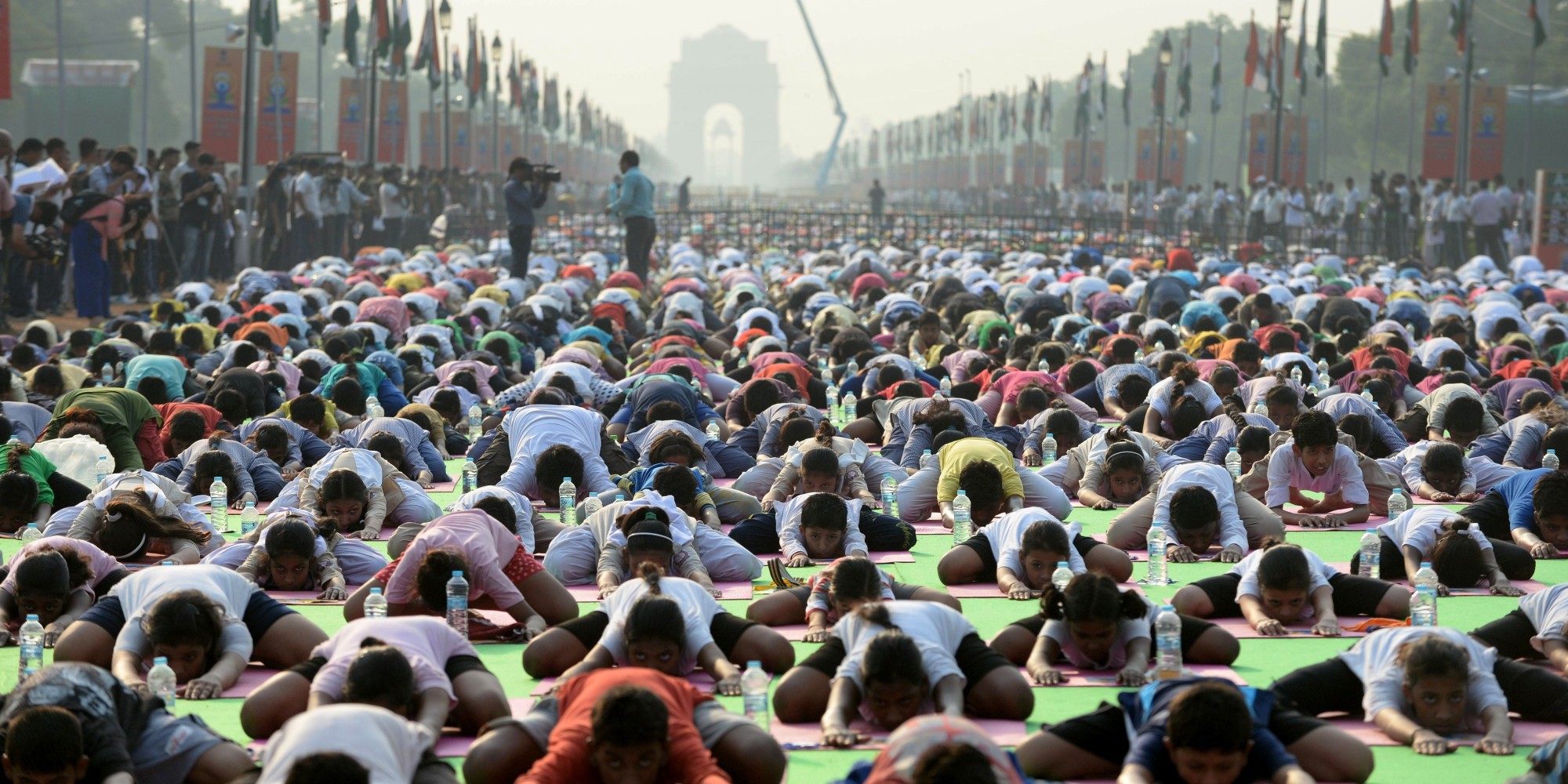
Moreover, it is highly unlikely food subsidies will be resolved in the near future as it is these very subsidies that have led to the repeated collapse of the Doha trade round during the last eight years. But, even if we were to suppose the subsidies issue could be dealt with, will America and Europe open their doors to African agricultural produce?
The answer is a resounding 'No'. As William Rhodes, senior vice-chairman of Citigroup, writes in the Financial Times: 'This new initiative [food security] will fail unless the leading industrial countries open their own markets to a considerably greater degree to food imports from the developing world.
Companies with marketing departments that excel at it have seen 9% more sales reps making quota, says CSOInsights. Let's say you have. Today they read email, search the web, visit websites, read blog posts, tweet, share, and then reply to an email all in the space of minutes. This is not information. Jul 20, 2009. Today, it is hard to walk round the streets of Managua, the Nicaraguan capital, without being greeted by his beaming visage; he has been an integral part of the country's political scene for the past three decades. Capitalism 2 Iso Download here. But his ubiquitous image on anniversary posters is at odds with a president who has shied.
Right now there is scant indication that the G8 powers are willing to do this.' Let's also, while we are it, ask ourselves another question. Just how did Africa become so seriously dependent on food handouts? Yes, of course poor governance, poor leadership and wars contributed to this. But Obama forgot to mention in his Ghana speech a more important reason behind Africa's dependence on food handouts: International Monetary Fund (IMF) and World Bank adjustment policies.
These policies uprooted the agricultural infrastructure that Africa had in place. IMF policies dismantled marketing boards, abolished guaranteed prices for farmers, removed subsidies on fertilisers and machines and reduced food product tariffs to such a low level that American and European farmers were able to flood the market with their subsidised produce.
That was the real killer blow to African agriculture. And I did not hear Obama apologise for that mistaken and outright destructive 'governance'. And I fear that, until northern countries put their own house in order in terms of changing the policies applied to their farmers - Africa's food dependence will continue, and it will always be blamed on Africa's lack of good governance. These subsidies out-compete and ravage Africa's agriculture. For example, Martin Khor, executive director of the southern world-oriented think tank the South Centre, found that currently 57 per cent of US rice farms would not have covered their costs if they did not receive subsidies.